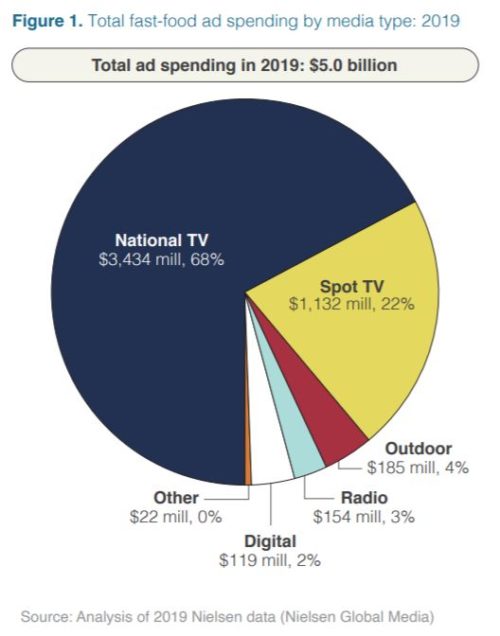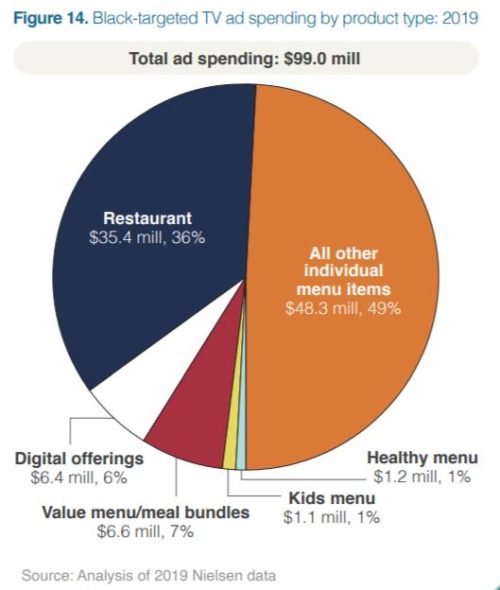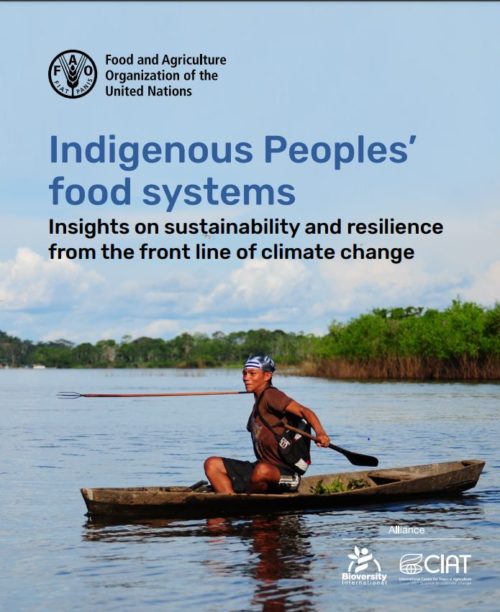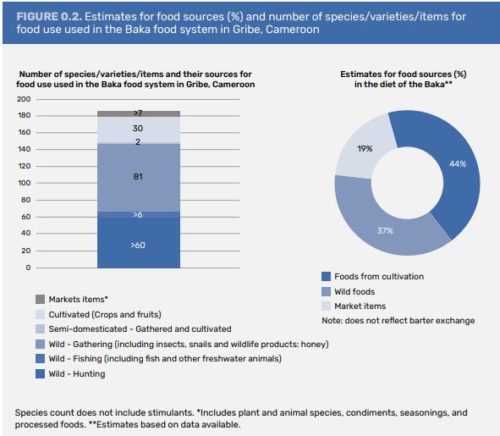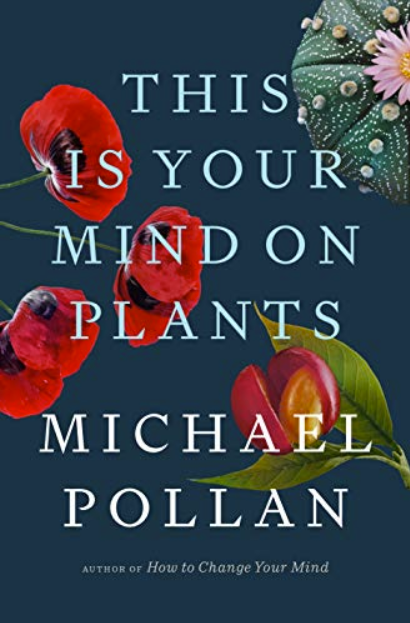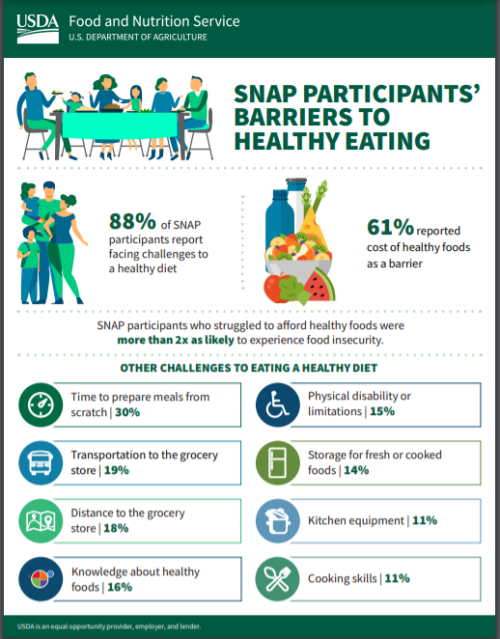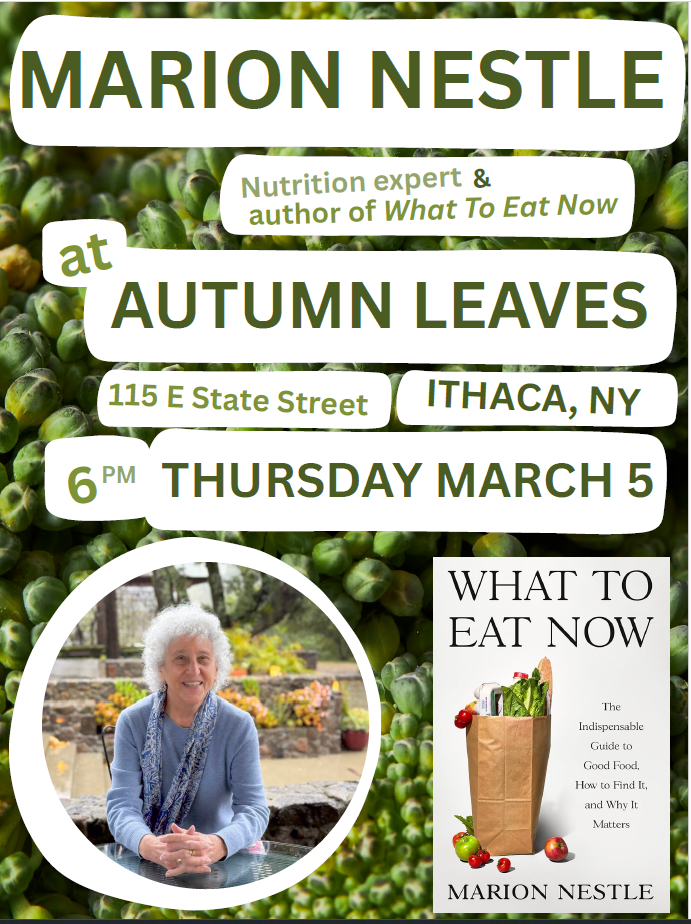I read about this one in NutraIngredients.com.
While previous animal studies have suggested a significant impact of the gut microbiota on the development and maturation of brain networks that underlie emotional behaviour, fewer studies have been conducted on humans. Intake of a galacto-oligosaccharides (GOS) prebiotic over 3 weeks has been shown to lower the secretion of the stress hormone cortisol and emotional processing in healthy adults, suggesting that GOS intake may be useful in modifying anxiety-related psychological mechanisms. However, reviews and meta-analyses on the efficacy of prebiotics for reducing anxiety symptomology are mixed, calling for further well controlled trials in human participants.
I am always curious to know who pays for this kind of research, so I looked up the study.
Anxiolytic effects of a galacto-oligosaccharides prebiotic in healthy females (18-25 years) with corresponding changes in gut bacterial composition. Nicola Johnstone , Chiara Milesi , Olivia Burn, Bartholomeus van den Bogert, Arjen Nauta , Kathryn Hart , Paul Sowden, Philip W J Burnet, Kathrin Cohen Kadosh. Sci Rep 2021 Apr 15;11(1):8302.
The study: “We examined multiple indices of mood and well-being in 64 healthy females in a 4-week double blind, placebo controlled galacto-oligosaccharides (GOS) prebiotic supplement intervention and obtained stool samples at baseline and follow-up for gut microbiota sequencing and analyses. We report effects of the GOS intervention on self-reported high trait anxiety, attentional bias, and bacterial abundance, suggesting that dietary supplementation with a GOS prebiotic may improve indices of pre-clinical anxiety.”
Conflict of interest statement: AN is an employee of FrieslandCampina, Amersfoort, The Netherlands. BvdB reports co-ownership of MyMicroZoo, Leiden, The Netherlands with no financial benefit from contributions to this manuscript. NJ, CM, OB, KH, PS, PWJB and KCK declared no financial or potential conflicts of interest.
Comment: Probiotics are microorganisms that maintain a healthy microbiome. They are typically found in fermented foods like yogurt. Prebiotics are substances in food—or, in this case, supplements—that feed probiotic microbes. This prebiotic supplement is GOS, a complicated chain of sugar molecules that is found in milk.
Why would an employee of FrieslandCampina want to do this study? “Milk is the foundation of everything we do at FrieslandCampina.”
Why would a co-owner of MyMicroZoo be interested? “The MyMicroZoo analysis shows the composition of your microbiota, and gives insight into how to improve your vitality.”
I’m all for eating yogurt (but watch out for the added sugars). But GOS supplements? Pardon my industry-induced skepticism.
